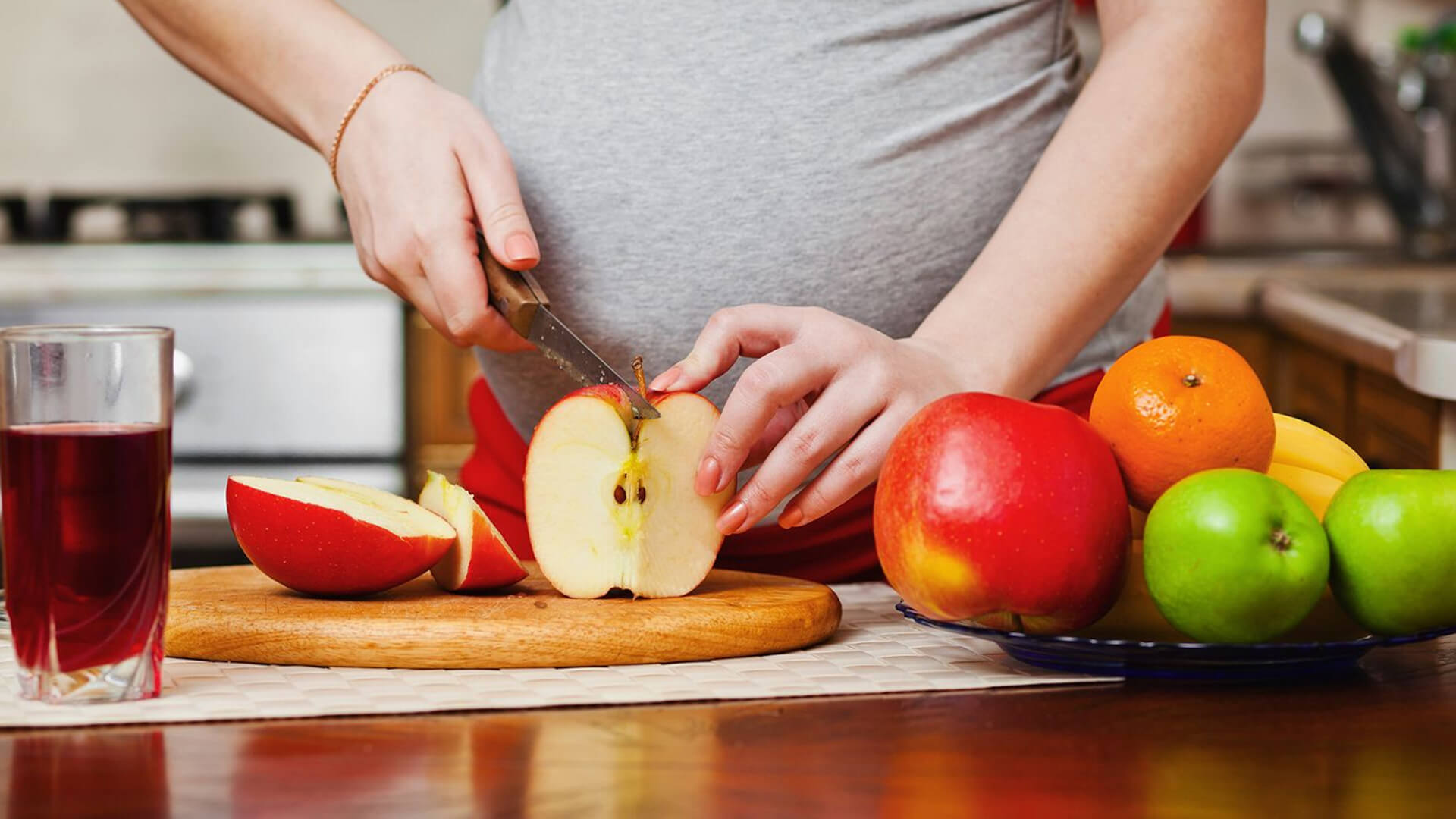Healthy weight gain during pregnancy

Key points
- Weight gain during pregnancy is normal but too much can affect you and your baby’s health
- Find out your recommended weight gain based on your pre-pregnancy BMI
- Nutrition from across the food groups can assist healthy weight gain during pregnancy
How much weight should I gain during pregnancy?
Whilst it’s normal to gain some weight during pregnancy, gaining too much weight during pregnancy can impact you and your baby’s health. For example, it can increase your risk of developing gestational diabetes (diabetes during pregnancy) and your baby’s risk of becoming overweight or obese later in life. It is important to only gain the recommended weight gain based on your pre-pregnancy BMI.
As well as making sure you don’t put on too much weight, a restrictive diet or dieting during pregnancy is also not recommended as this can impact your baby’s growth and development.
Weight gain during pregnancy depends on your pre-pregnancy weight. The table below gives a general guide to healthy weight gain.
Your BMI is calculated by dividing your weight (kg), by your height (m2). You can use an online BMI calculator, or discuss it with a health care professional. In some cases, the guide below will not be appropriate to you, your health care professional can discuss this with you.
| Pre-pregnancy BMI | Total weight gain in kg |
| Underweight (< 18.5 kg/m2) | 12.5 – 18.0 |
| Normal weight (18.5 – 24.9 kg/m2) | 11.5 – 16.0 |
| Overweight (25.0 – 29.9 kg/m2) | 7.0 – 11.5 |
| Obese (≥ 30.0 kg/m2) | 5.0 – 9.0 |
Institute of Medicine (2010) recommendations for total and rate of weight gain during pregnancy, by pre-pregnancy BMI
Weight loss during pregnancy
Once you become pregnant it’s not advisable to diet but instead focus on the guidelines for weight gain in pregnancy based on your pre-pregnancy BMI. This will ensure minimal weight gain whilst still ensuring your baby is getting the energy and nutrients required for growth, development and later life health.
It’s important to remain focused on including a variety of foods from all the food groups to ensure your baby is getting what it needs for growth and development.
Being underweight in pregnancy
If you’re underweight, your midwife will be able to advise you on the healthiest ways to gain the additional weight you need. You may need to be monitored closely to check that your baby is growing well.
Try to eat small, regular meals throughout the day and include healthy fats such as avocados and nuts as these are an excellent source of calories and nutrients.
What should I eat for healthy weight gain in pregnancy?
It is important that what you eat supplies your baby with a wide range of nutrients needed for healthy development and long-term health. A varied, nutritious intake from all the food groups will provide essential vitamins, minerals, fats and protein while helping you stay within the recommended weight gain guidelines for pregnancy.
If your gestational weight gain is above the recommended levels, your midwife may suggest making some changes. These may include limiting foods and drinks such as sweet biscuits, commercially purchased burgers, butter, cakes, desserts, cream, fizzy drinks and pastries and including more fruits and vegetables in your diet.
Healthy snack ideas include:
- A small pot of low-fat yogurt with seeds and berries
- Raw vegetable sticks
- A banana and oat smoothie made with 150mL of skimmed milk
- Tinned salmon onto two wholegrain crackers
Healthy meal ideas include:
- Chicken and stir-fry vegetables with brown rice
- Salmon with potatoes and broccoli
- Pesto pasta with peas and walnuts
- Lasagne and a green salad
- Poached egg, avocado and spinach on wholegrain toast



